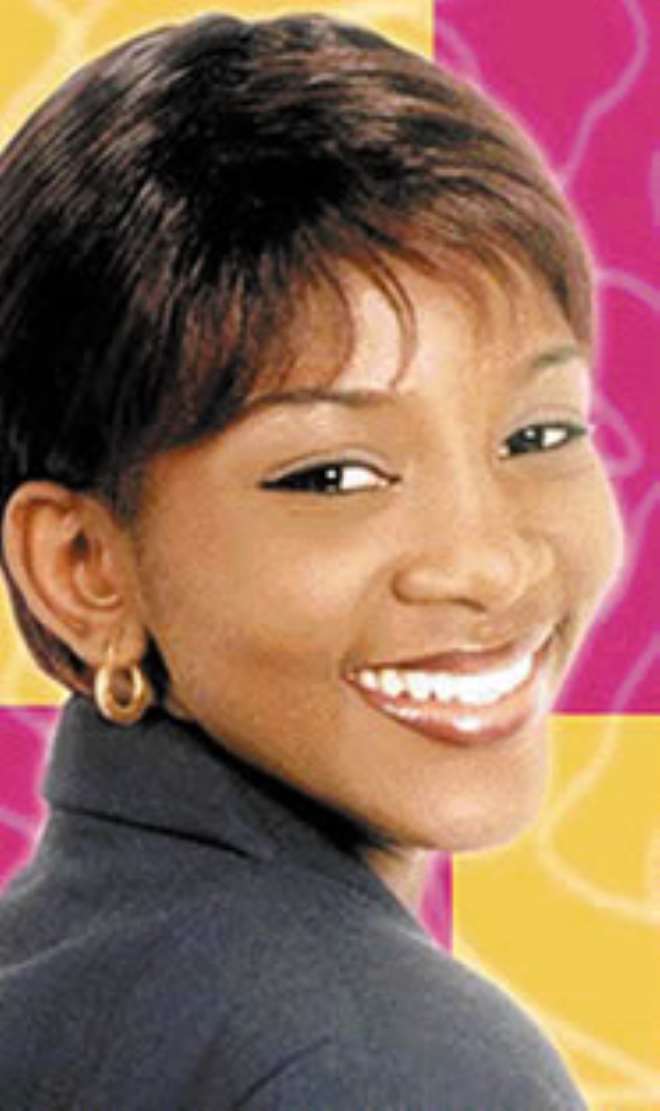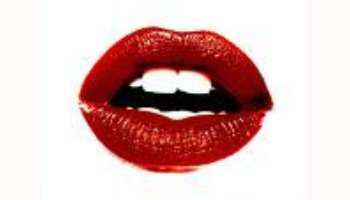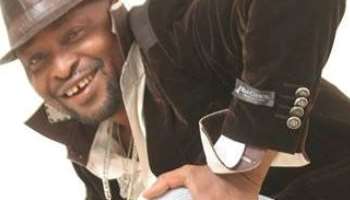NOLLYWOOD NOTHINGWOOD ..SAYS EDDIE UGBOMAH
Nobody dislikes Nollywood as much as filmmaker Eddie Ugbomah. He has an undisguised scorn for what has come to be Nigeria's multi-million naira video industry. It shows on his face. It wells up from his stomach and rises in his voice.
“As far as I am concerned, Nollywood is nothing,” he says, eyes blazing. To begin with, Ugbomah quarrels with the name itself, Nollywood. Hollywood is where the film industry originated and still is in the United States of America. India's is in Bombay, which is why it is called Bollywood.
For Ugbomah, he can never fully understand why that of Nigeria is called Nollywood. And to think that the name was coined by an Indian woman from South Africa, much like having an outsider christen a newborn baby in your own house.
At 67, Chief Ugbomah's passion about anything film is legendary, having started his film career in an American univeristy in the late fifties, produced and directed some films and documentaries about Nigeria and also headed the film corporation of Nigeria.
Now a widower with 14 children, what is also known about the filmmaker is his air of finality on such things like films and movies in Nigeria. He gives the impression of one who knows it all about film in the country, from Herbert Ogunde's time to now and even what its future may be like. So, when he dismisses Nollywood as meaning nothing to him, you naturally butt the edge of your seat, straining to catch every word he says.
We are at the Nigeria Press Council at the National Theatre, Iganmu, where Chief Ugbomah is holding forth with three reporters from Silverbird Television and one from Sunday Sun on a Monday afternoon. Venue is the staff canteen of NPC. As his voice rises, diners look his way and back to their plates, and his way again.
He is well known around because the Lagos office of the Nigeria Film Corporation he once headed isn't far off. As the chairman of NFC under Ibrahim Babangida in the late eighties, Ugbomah famously returned excess cash in his care to the federal government.
It was an unthinkable thing to do and certainly unheard of: a highly placed government official with budgetary allocations running into millions returning excess cash after overhead! Moreover, that unique display of honesty happened under IBB! Rumour had it that the same miltary president put another N12 million in Ugbomah's private account but he thought it was meant for NFC, so the filmmaker left it intact and drove around in his Beetle car.
To this day, Chief Ugbomah has never been forgiven by those who thought he was simply stupid. Some recommended a lengthy jail term for his naivety. Others saw him as a saint. Despite all that, Nigerians, especially those in film, have always listened each time the chief from Agbor in the Niger Delta speaks. He is also a MON.
Now, Ugbomah was saying something, what he was going to do in Abuja on Thursday, October 19 and the reporters and diners were giving him audience. Surely, a big and first time event like moviemakers Hall of Fame should command the attention of otherwise aloof diners. Nothing like that had been done in the long years of film in Nigeria. Now, he had come up with something after working on it for six years. He actually started it with his wife but she died four years ago. But the filmmaker would not let the dream die.
As the name implies, it is to honour those who have done well in film, movies and television - as distinct from video - either as actors, producers, directors or cameramen. His example is taken from the U.S and Britain where achievers are sort of immortalised through such gestures by the government or individuals.
The Ogundes, Adamu Halilus, Ade Loves and Bankole Bellos, he laments, are not remembered for their films today. Younger actors are now household names and may continue to be for some time to come at the expense of the older pioneers.
It is something to be said about actors in Hollywood today that however much mega-million dollars they make in films and the attendant publicity, no contemporary star as yet rivals the fame and stature of actors like John Wayne, Humprey Bogart or Charlie Chaplin.
So, Ugbomah got together with some friends and colleagues “to carve out a movie makers hall of fame where you can go to read history about the movie industry, how it started in Nigeria and who started it before it got to this toy camera point and shoot.”
He calls many people in the industry today videographers and not filmmakers. “Look deep into their eyes and what you see is an N with two marks.” (He means the naira sign.) Nor does he think much of an industry that has made overnight stars of the likes of Genevieve Nnaji, Jim Iyke, Desmond Elliot and others. “Being able to cry alone does not make an actress,” Ugbomah insists. Acting takes much more passion, more dedication and commitment. All of that is lacking, he says, in Nollywood today.
This is vintage Ugbomah, eyes popping, voice a bit high and his gestures wide and frequent. He is wearing a dark-coloured collar-less jacket that seems tailor-made for him.
Film has been his life, a reason perhaps IBB appointed him to head the film corporation in the country once. And he talks about film with the passion of one who is deeply worried that outsiders are encroaching on his territory.
Ugbomah is of the old school of filmmaking in Nigeria, if ever there is anything like that. He shot his first film in 1956, long before some of today's stars were born. There, he was taught how to shoot films properly on celluloid. Today, it is done on an entirely different format – video.
“Any person can just put a video on his shoulders and begin to shoot,” he says. Is it any surprise, he asks rhetorically, that their films are just what they are, rubbish? To make matters worse, the genre has now been hijacked by marketers who determine what stories come out and who plays which role.
“What we have today are videographers looking for money,” he snorts. “Before them were the filmmakers.” But who remembers that now? That is what Ugbomah has set out to correct with the Hall of fame for moviemakers. “It is a place you can go and read about the authentic story of this industry.”
Latest News
-
 "If You're For Me, I Am For You" - Cubana Chief P
"If You're For Me, I Am For You" - Cubana Chief P -
 "3 Days To Go" - Femi Adebayo Urges Fans To Get S
"3 Days To Go" - Femi Adebayo Urges Fans To Get S -
 "Stop Asking Me Questions About Speed Darlington"
"Stop Asking Me Questions About Speed Darlington" -
 "Benue Is The Most Underdeveloped State I've Ever
"Benue Is The Most Underdeveloped State I've Ever -
 Stan Alieke Urges Young Professionals To Take Lin
Stan Alieke Urges Young Professionals To Take Lin -
 Chizzy Alichi Teases Fans With Baby Reveal, Promot
Chizzy Alichi Teases Fans With Baby Reveal, Promot -
 "I'm Not Wearing Makeup From July 4th Till Decemb
"I'm Not Wearing Makeup From July 4th Till Decemb -
 "Stop The Challenge Of Mocking Kids With Down Syn
"Stop The Challenge Of Mocking Kids With Down Syn -
 Regina Daniels Celebrates Sons As They Mark Birthd
Regina Daniels Celebrates Sons As They Mark Birthd -
 Speed Darlington Threatens To Sue NAPTIP For Defam
Speed Darlington Threatens To Sue NAPTIP For Defam














